Citizens, experts question information provided by Japanese govt and TEPCO
Japanese citizens and experts are emphasizing the need to establish a transparent international system to monitor the release of nuclear-contaminated water from the Fukushima Daiichi Nuclear Power Plant into the ocean, rather than solely relying on information provided by the Japanese government and the operator of the plant.
"The way the government and Tokyo Electric Power Company present data is not transparent, and the information about contaminated water does not seem to be fully disclosed, so I don't trust them," said Takae Miyaguchi, a 73-year-old Tokyo resident.
She called on TEPCO, the operator of the crippled Fukushima plant, to disclose thorough information about the discharge of nuclear-contaminated water, and urged the Japanese government to conduct assessments on the long-term impact of the discharge.
"I think various stakeholders and third-party institutions should be involved in the monitoring of the release of contaminated water, but in the first place, discharging such water into the ocean is like a human experiment, and it should not be done at all," she said.
Hideyuki Ban, a renowned Japanese nuclear expert and co-director of the Tokyo-based Citizens' Nuclear Information Center, said stopping the release of radioactive water into the ocean is the most certain way to dispel doubts.
The Advanced Liquid Processing System, or ALPS, being deployed by TEPCO to treat the Fukushima water, is said to be designed to remove 62 nuclides. However, it is not capable of removing them completely. Additionally, it cannot remove nuclides other than those mentioned, Ban said.
TEPCO said 69 nuclides will be measured before every discharge and six nuclides will be checked once a year. But it only reported that H-3, Cs-134 and Cs-137 met the "safety level" early this month.
"The monitoring of the contaminated water release appears to be conducted by the government, TEPCO and the International Atomic Energy Agency, but personally, I believe that stakeholders should be involved because I don't consider the results disclosed by these three parties alone to be sufficiently reliable," Ban said.
Ukeru Magosaki, co-director of the Association for Inheriting and Propagating the Murayama Statement, a Japanese civic group dedicated to upholding the 1995 Murayama Statement that admits Japan's wartime mistakes, said it is essential to gather as much objective data on the release of nuclear-contaminated water as possible.
He advised the government to actively promote the collection of objective data. "China can participate in the monitoring of the contaminated water release as a member of international organizations," said Magosaki, who has served as the head of the intelligence and analysis service of Japan's Ministry of Foreign Affairs.
Objective data
"Instead of relying on TEPCO, a third party should collect data. When gathering the data, it should not be limited to Japanese scientists but involve scientists from around the world, including China. I believe that creating objective data in this way is the best approach to solving this issue," he said.
Kenichi Oshima, a policy science professor at Ryukoku University and chairperson of the Citizens' Commission on Nuclear Energy, said an independent organization separate from the Japanese government and TEPCO should be responsible for monitoring the release of nuclear-contaminated water.
"A framework should be established to allow local residents living in Japan to participate as well," Oshima said.
Most Japanese citizens are concerned about the Fukushima nuclear-contaminated water because they believe it is dangerous. They do not want the nuclear-contaminated water to be released into the sea because they believe it will directly affect the fish they consume, said Kumiko Haba, professor emeritus at Aoyama Gakuin University.
"It is crucial to continue discussing that discharging diluted nuclear-contaminated water is not in the best interest of the health of the Japanese people," Haba said.








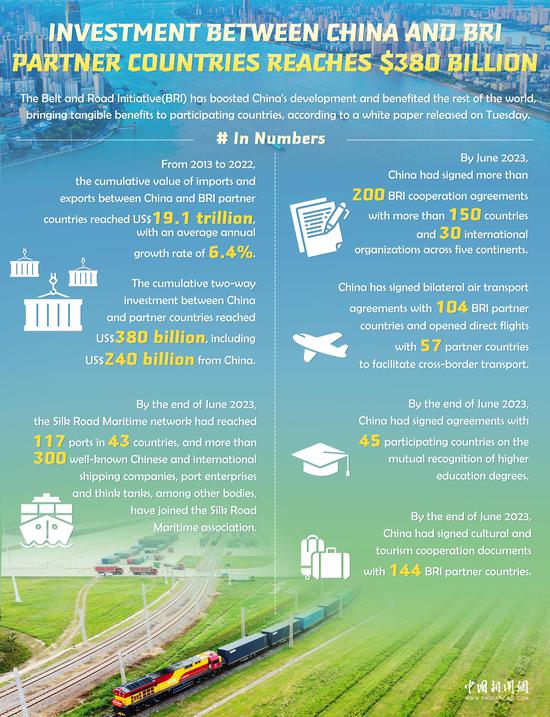
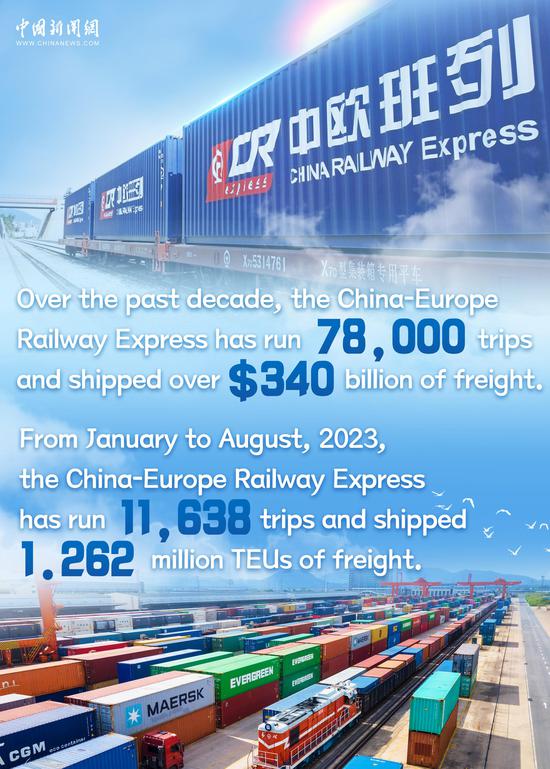
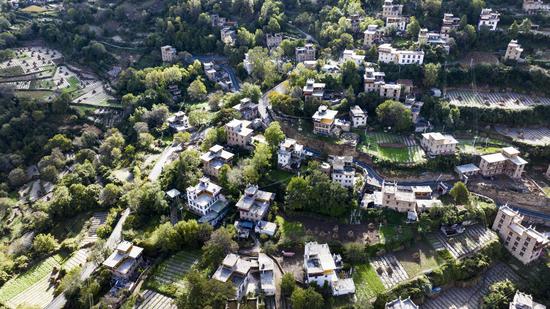

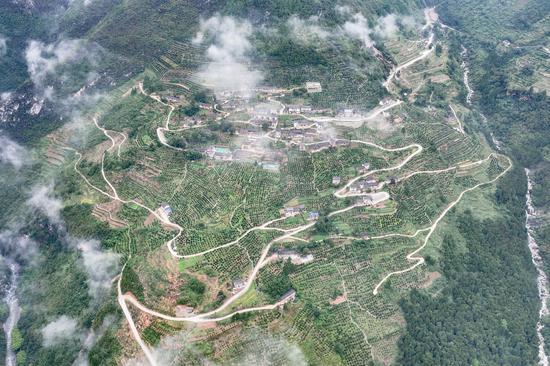
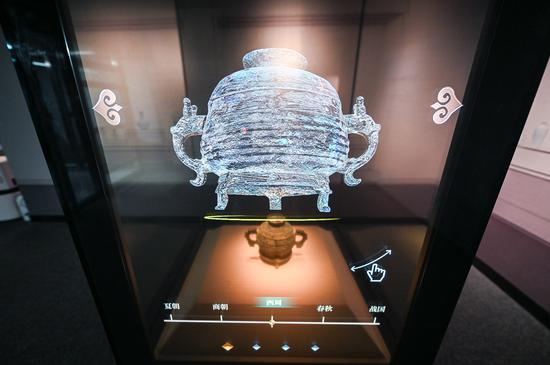
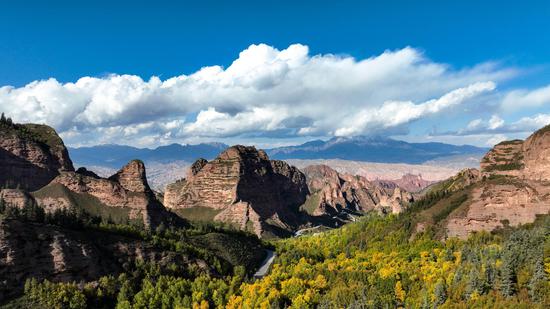

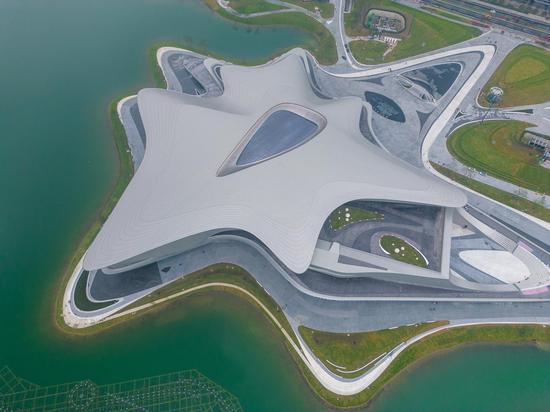

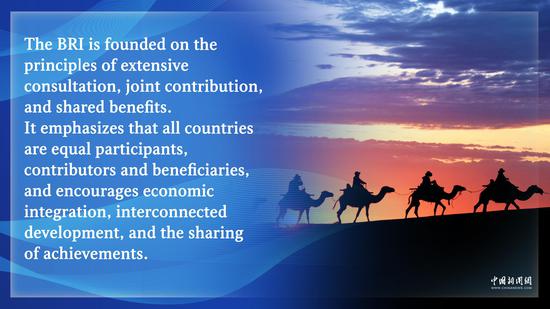


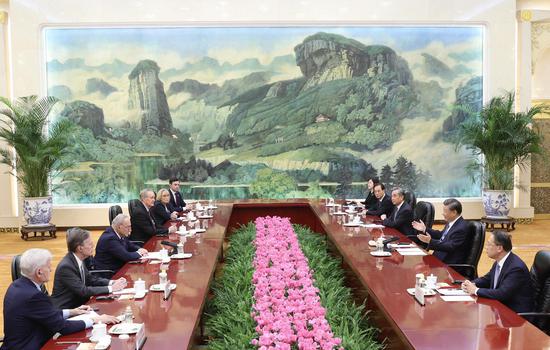
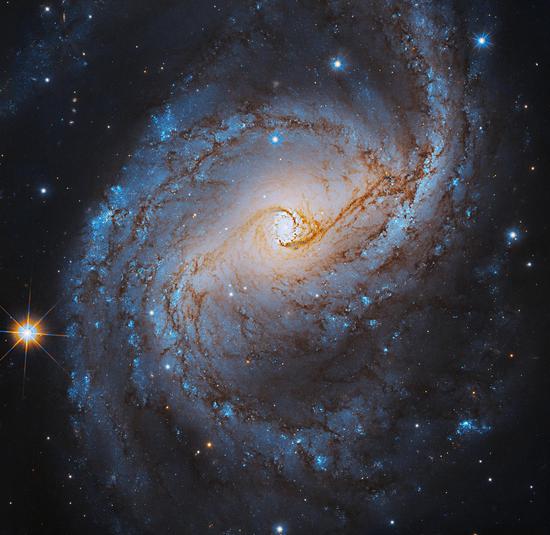

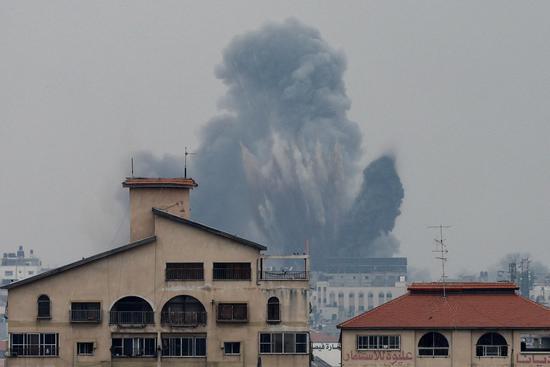
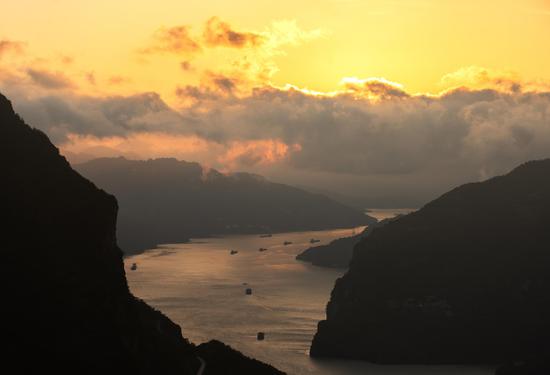
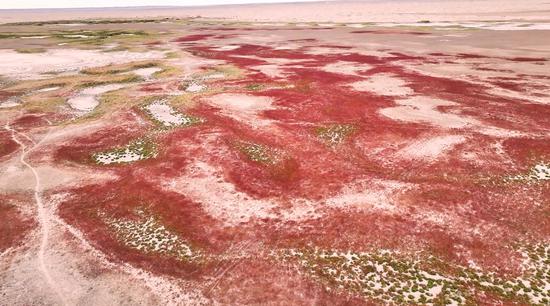
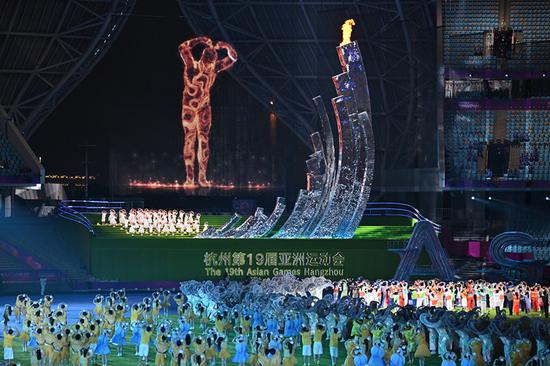
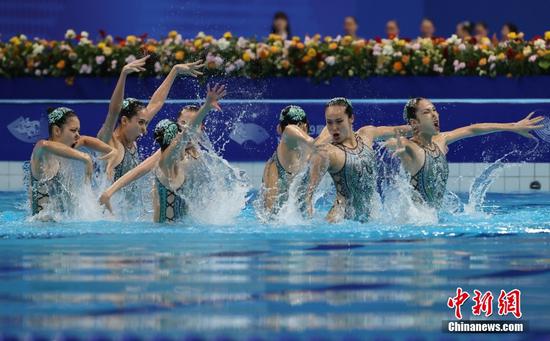
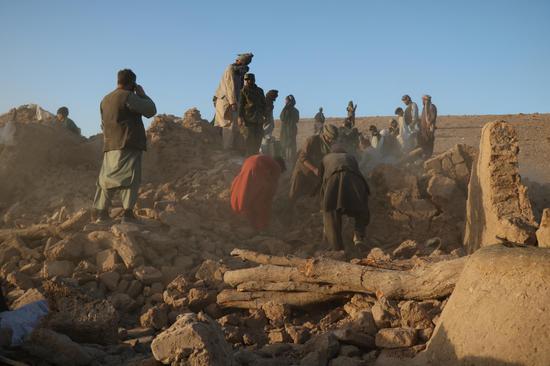
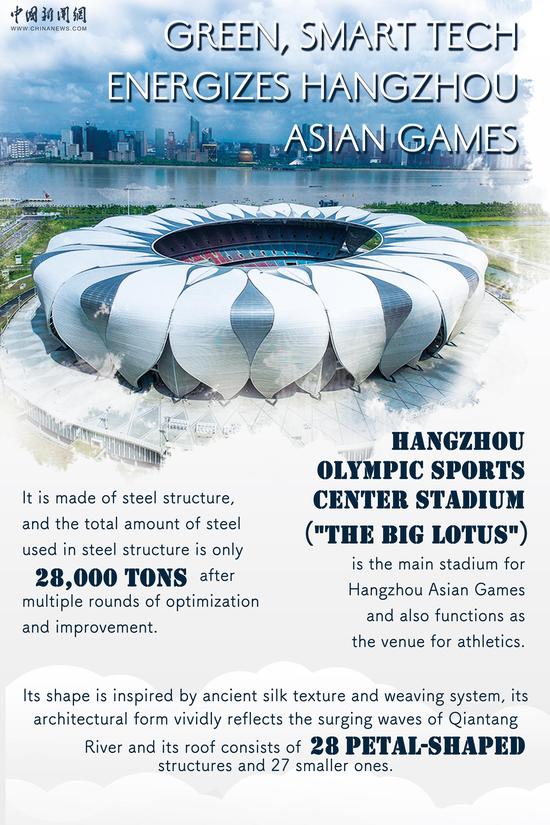
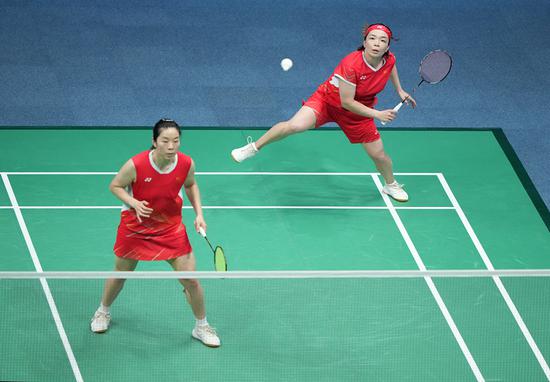

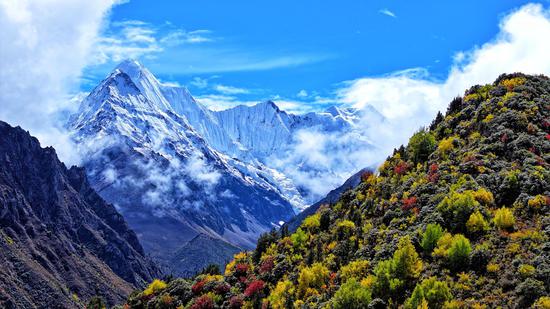
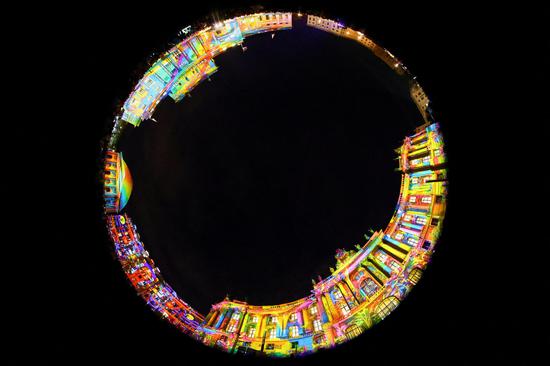

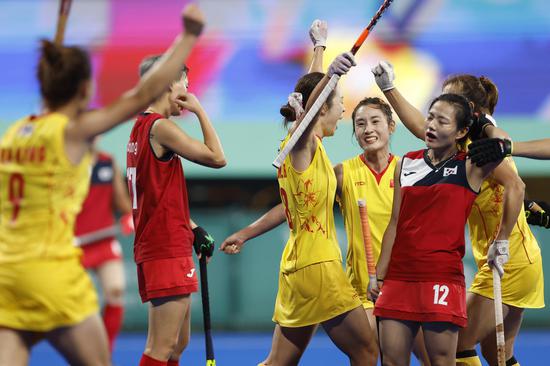
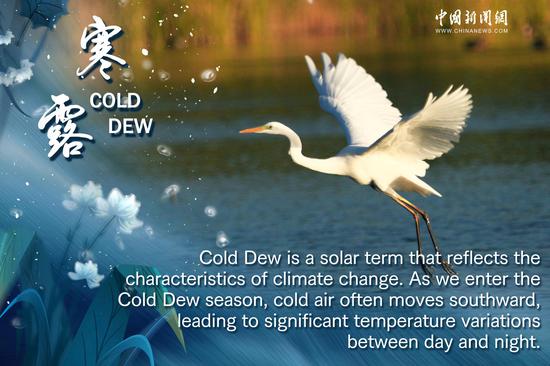
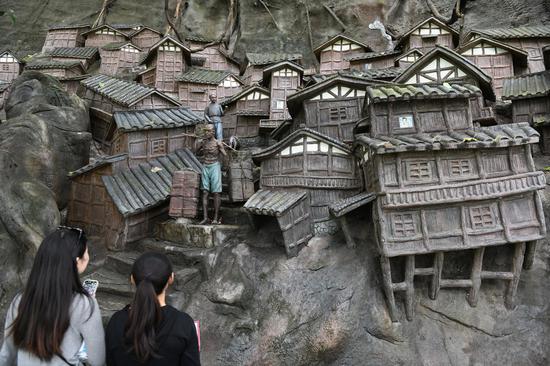


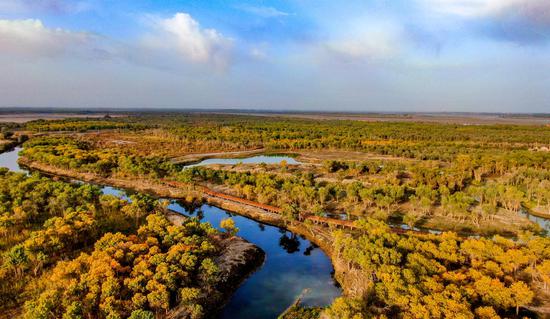

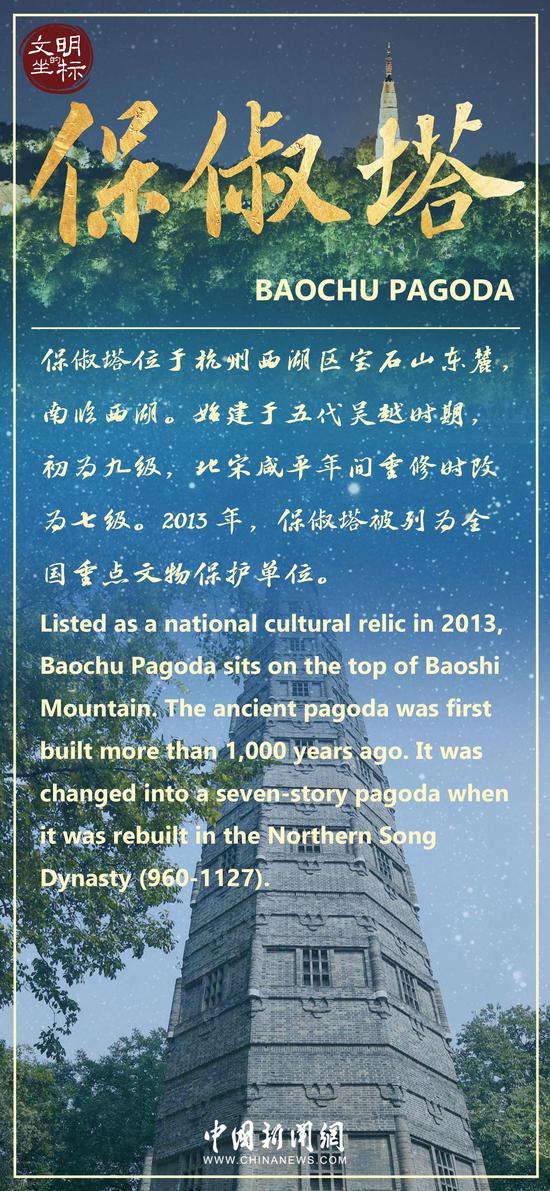






 京公网安备 11010202009201号
京公网安备 11010202009201号